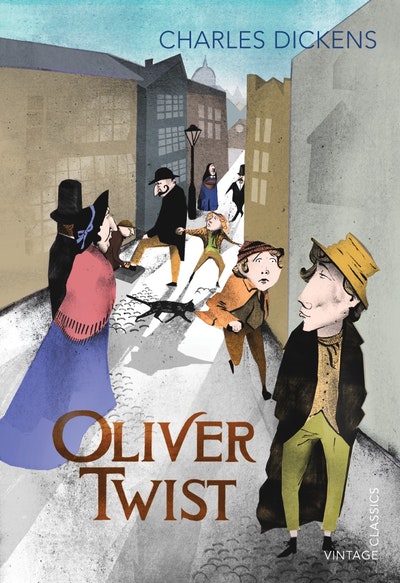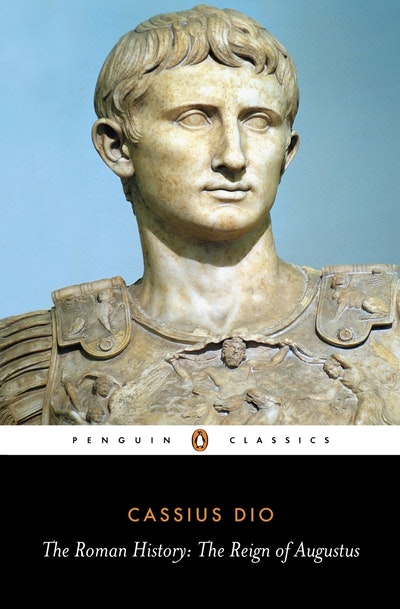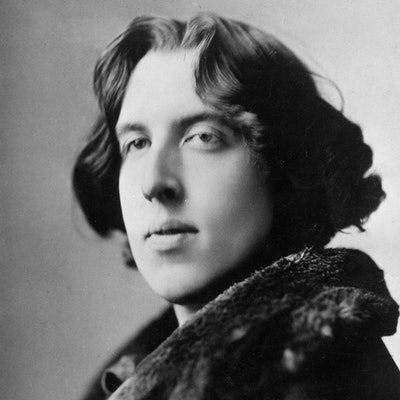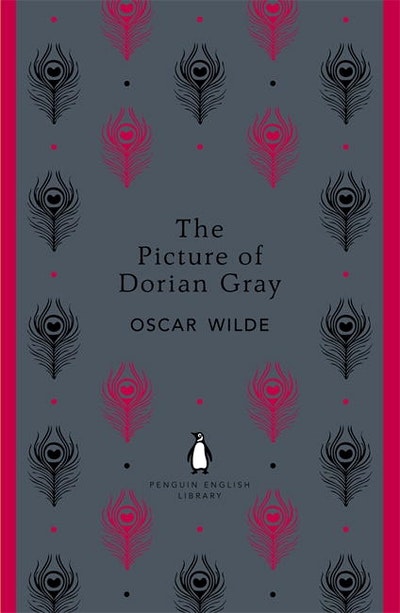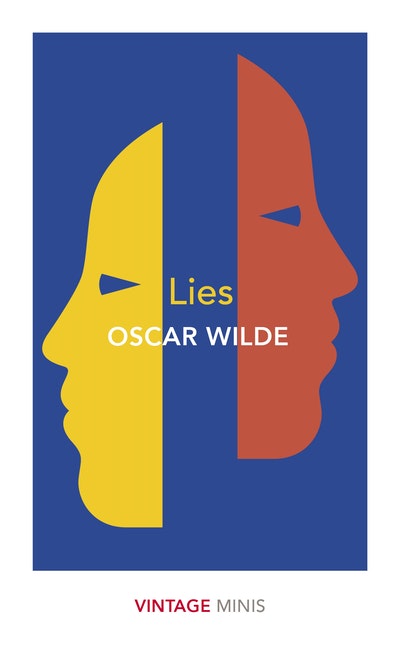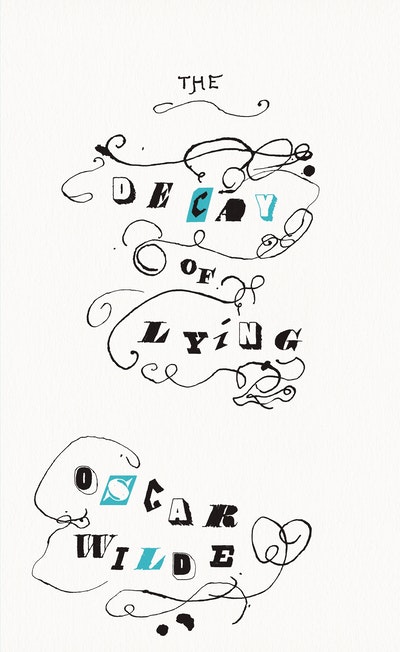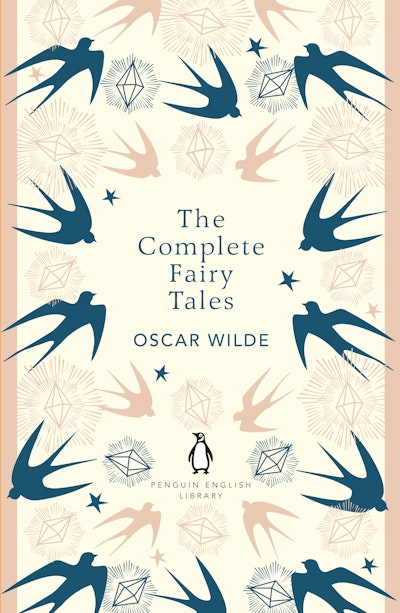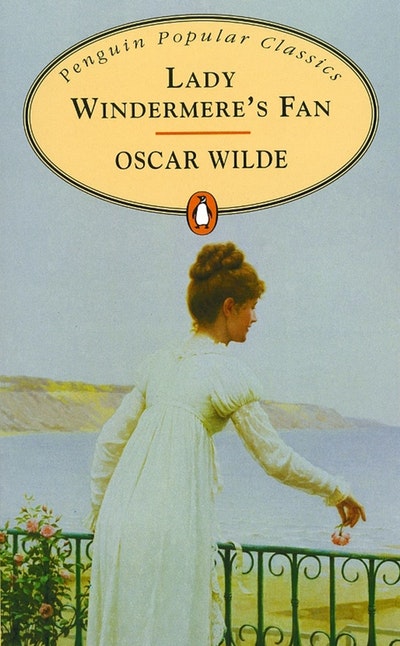[]
- Published: 30 August 2001
- ISBN: 9780140433876
- Imprint: Penguin Classics
- Format: Paperback
- Pages: 416
- RRP: $30.00
Categories:
The Soul of Man Under Socialism and Selected Critical Prose
Formats & editions
Buy from…
New selection with introduction, suggestions for further reading, and full explanatory notes
Selection includes The Portrait of Mr W.H., Wilde's defence of Dorian Gray, reviews, and the writings from 'Intentions' (1891): 'The Decay of Lying, 'Pen, Pencil, Poison', and 'The Critic as Artist'.
Wilde is familiar to us as the ironic critic behind the social comedies, as the creator of the beautiful and doomed Dorian Gray, as the flamboyant aesthete and the demonised homosexual. This volume presents us with a different Wilde. Wilde emerges here as a deep and serious reader of literature and philosophy, and an eloquent and original thinker about society and art.
- Published: 30 August 2001
- ISBN: 9780140433876
- Imprint: Penguin Classics
- Format: Paperback
- Pages: 416
- RRP: $30.00
Categories:
Other books in the series
The Complete Fables
Aesop
Emma
Jane Austen
Pride and Prejudice
Jane Austen
Mansfield Park
Jane Austen
Northanger Abbey
Jane Austen
Persuasion
Jane Austen
Sense and Sensibility
Jane Austen
A Dead Man's Memoir (A Theatrical Novel)
Mikhail Bulgakov
A Dog's Heart
Mikhail Bulgakov
The Man Who Was Thursday
G. K. Chesterton
The Black Tulip
Alexandre Dumas
The Lady of the Camellias
Alexandre Dumas fils
The Man in the Iron Mask
Alexandre Dumas
The Three Musketeers
Alexandre Dumas
Faust, Part I
Goethe
Faust, Part II
Goethe
Selected Poetry
Goethe Johann Wolfgang Von
The Nibelungenlied
Hatto A T
The Complete Odes and Epodes
Horace
The Garden Party and Other Stories
Katherine Mansfield
The Aeneid
Virgil
Species of Spaces and Other Pieces
Georges Perec
The Age of Alexander
Plutarch
Fall Of The Roman Republic
Plutarch
The Makers of Rome
Plutarch
On Sparta
Plutarch
The Rise And Fall of Athens
Plutarch
The Rise of Rome
Plutarch
Rome in Crisis
Plutarch
Man and Superman
George Bernard Shaw
Saint Joan
George Bernard Shaw
Botchan
Natsume Soseki
Kusamakura
Natsume Soseki
The Charterhouse of Parma
Stendhal
Love
Stendhal
The Red and the Black
Stendhal
Agricola and Germania
Tacitus
Annals
Tacitus
The Annals of Imperial Rome
Tacitus
Selected Poems
Rabindranath Tagore
Military Dispatches
The Duke Of Wellington
Around the World in Eighty Days
Jules Verne
Journey to the Centre of the Earth
Jules Verne
Twenty Thousand Leagues Under the Sea
Jules Verne
Treatise On Toleration
Voltaire
About the author
Oscar Wilde was born in Dublin on 16 October 1854. He studied at Trinity College, Dublin and Magdalen College, Oxford. He then lived in London and married Constance Lloyd in 1884. Wilde was a leader of the Aesthetic Movement. He became famous because of the immense success of his plays such as Lady Windemere's Fan and The Importance of Being Earnest. His only novel, The Picture of Dorian Gray, was first published in Lippincott's Monthly Magazine in 1890 but was revised in 1891 after moralistic negative reviews.
After a public scandal involving Wilde's relationship with Lord Alfred Douglas, he was sentenced to two years' hard labour in Reading Gaol for 'gross indecency'. His poem The Ballad of Reading Gaol was published anonymously in 1898. Wilde never lived in England again and died at the age of forty-six in Paris on 30 November 1900. He is buried in Père Lachaise cemetery where admirers often leave the lipstick marks of kisses on his tomb.


































































































































































































































